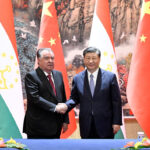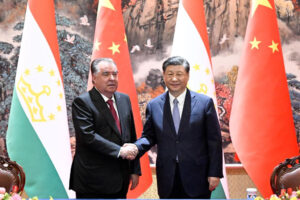Opec has held consultations with Mexico, Azerbaijan, Malaysia and Brunei, which are all members of the wider Opec+ alliance. But Brazil, which is not a member of Opec+, would be new.
Speaking at this week’s Argus European Crude Conference, al-Ghais said Opec always has an “open door policy” and highlighted his recent visit to Brazil.
“Today Brazil has become one of the biggest exporters and they’ve stopped buying up crude. So the door is open,” al Ghais said.
Brazil’s crude production has grown by around 1.7mn in the past decade to 3.7mn b/d, and the country has posted output records in recent months. The IEA sees Brazil’s oil production rising by around 1mn b/d by 2035, representing the second largest global increase after Guyana.
The 13 members of Opec and 10 non-Opec countries form the Opec+ alliance, which accounts for just under 40pc of global crude production. Key Opec ministers have previously said a larger Opec would help market stability.
“Imagine if we are 60pc of the producers or 70pc of the producers [of the world],” the UAE’s energy minister Suhail al-Mazrouei said at the Opec Seminar in Vienna July. “Imagine… we would do a better job.”
But it is unclear what rising producers — which have big capacity expansion plans — would gain from joining Opec, which has been managing supply in recent years. Opec denied it had invited Guyana to join the group earlier this year.
Source: Argusmedia
















